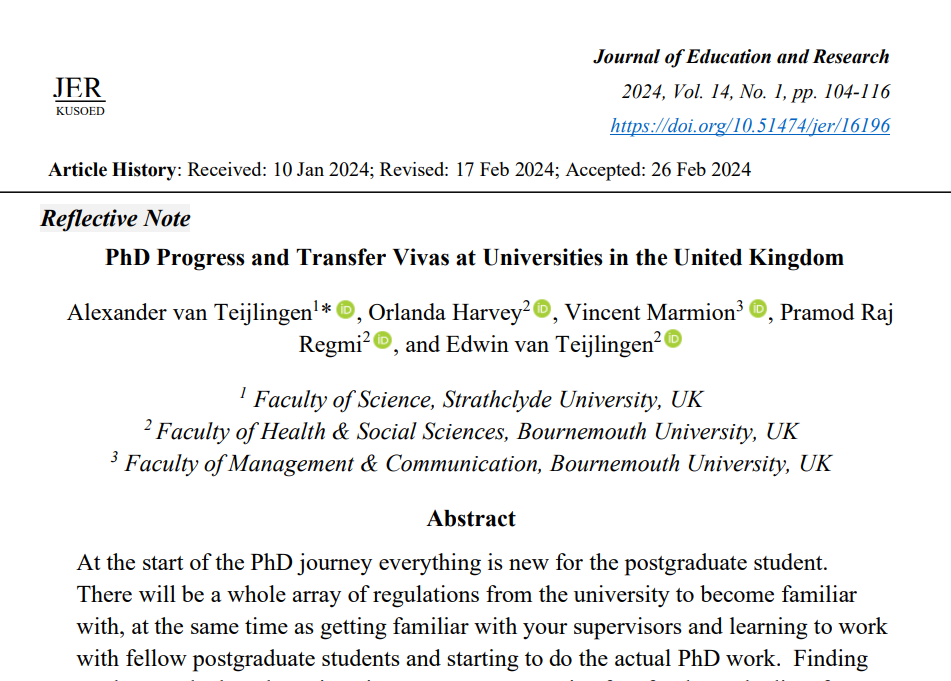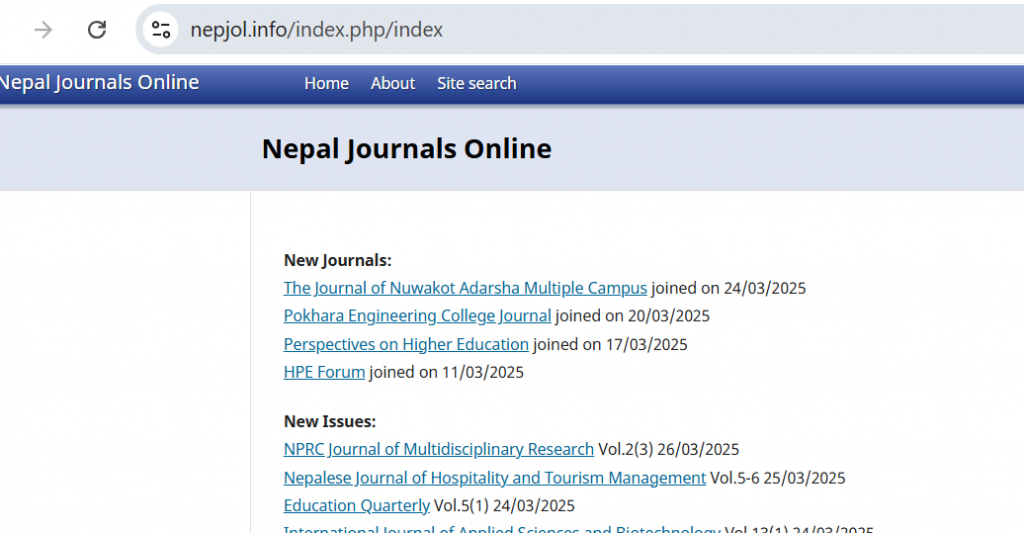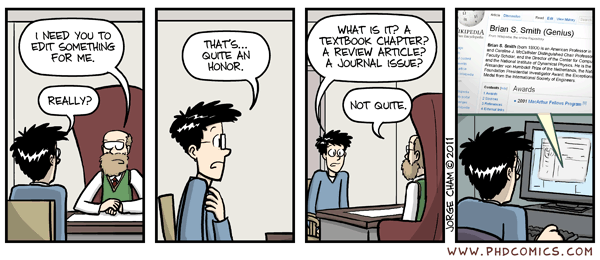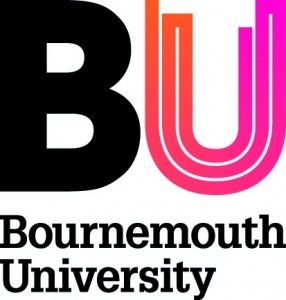I have recently come to the end of a spate of travelling. I imagine this is true for most colleagues as the conference season tends to occur over the holidays, though I’ve made use of a suitcase much more this summer than in previous years. I share some notes below in case they are of use to PhD students and fellow early career researchers, first in relation to conferences and second in relation to research visits.
Conferences
This summer I have presented on three occasions:
1) Chaired and presented a paper within a symposium at the British Society of Gerontology, held in Keele.
2) Chaired and presented a paper within an invited symposium at the World Congress on Active Ageing, held in Glasgow.
3) Delivered an invited plenary address at the International Conference on Falls and Postural Stability, held in Leeds.
The benefits of attending and presenting at academic conferences are no doubt widely shared. Though, I’ve been presenting at conferences every year since 2006 and note some reflections:
- Symposia: For the last couple of years I have organised and chaired symposiums rather than presented individual papers. There are several benefits for doing this over individual papers: it encourages you to network and explore overlapping research interests with colleagues long before the conference; can provide an excuse to get some colleagues together over lunch before / after the symposium to discuss potential collaborations; and at the conference a symposium can draw attention to your particular field of research more conspicuously and so can more easily bring others interested in your area into one room at one time.
- International conferences: I would encourage colleagues to attend international conferences where possible (and I appreciate it’s easier when they’re held in the UK / Europe). It is only at these events that you find that the particular theory or method you’ve been using in your research is peculiar to the UK, and that other countries use their peculiar theory / method, etc. Meeting colleagues from other countries leads you to discover other theories and methods that may help with your work, or that the approach you’ve been taking may help with others’ work.
- Unexpected benefits: There will always be some conferences that are more useful than others, but I am always pleasantly reminded of the fact that conferences bring unanticipated benefits. It is the chance encounters – when you sit next to someone waiting for the next session, sit next to someone at lunch, etc., – whereby you discover you are sat next to an international expert you’ve yet to meet or someone with very similar research interests who is a potential collaborator. When I flew home from Glasgow I happened to sit next to an academic who researches safety at work from a human factors approach, and we discovered a great deal of overlap between his research and mine on the prevention of falls in older people.
So, I would encourage attending and presenting at conferences, especially among early career researchers. Where possible, I would also encourage chairing symposia, attending international conferences, and being sociable and meeting and talking with all kinds of people as much as possible as you never know who you’ll meet and how they can help with your work.
Research visits
This summer I have made three visits to research departments:
1) Delivered an invited presentation to the Health Psychology Research Group of Newcastle University.
2) Visited colleagues at the OPENspace Research Centre, University of Edinburgh.
3) Delivered an invited presentation to the Applied Psychology: Life-Management Research Group of the University of Zurich.
The benefits of presenting at research departments are similar to presenting at conferences. Though, as this is a newer experience for me I note some reflections:
- Face-to-face meetings: While it is true that travelling does take you away from your desk and those tasks that you need to get done by certain deadlines, it is worth the effort. Meeting someone in person creates an opportunity to discuss a whole range of topics and find out information on things that just would not be discussed by email or when you’re on the phone and cannot read the others’ non-verbal communication. It also gives you the opportunity to really assess whether or not you can work with someone: it is not only a colleague’s CV that determines whether you can work together well or not, but whether they like to work in a similar style to you. It is sometimes the latter that takes greater importance when choosing between potential collaborators on grant proposals.
- A different presentation: Rather than delivering a paper at a conference, at a research department you can give a different kind of presentation. You can discuss some work you are about / intend to do, or throw out problems to discuss with the audience, etc. These kinds of presentations may be more useful in establishing projects for collaboration than simply discussing work you have already completed / published.
- Dedicated time to discuss an idea: My visit to Edinburgh was useful from this point of view as although I did not give a presentation, I spent about five hours with two professors discussing an idea for a future research project. The time was very useful in moving our discussion on a wider general research problem down to a narrow research question for a project. Likewise, via BUDI (www.bournemouth.ac.uk/dementia-institute), Prof Anthea Innes and I hosted colleagues from around Europe recently to spend an intensive couple of days to work up a grant proposal. These face-to-face meetings are very useful for rapidly moving ideas into concrete plans.

So, I would encourage visiting other university departments and to accept invitations to present to research groups. Such opportunities can provide valuable time and space to develop research ideas and progress collaborations. They can also be quite fun: for my last evening in Zurich I managed to invite myself to a Turkish restaurant with a Turkish group to watch the Turkish football team play Manchester United at old Trafford. It proved to be a different venue for discussing research (which we managed to do) than an office and it was an entertaining football match too!
Samuel Nyman
Psychology Research Centre
Design, Engineering & Computing
 The problem for the authors is that both only appeared online this week. For example, today (27th March 2025) Nepal Journals Online (NepJoL) reports the publication of the latest issue of Education Quarterly, Volume 5 Issue 1, the one in which we published, as 24th March (see picture below). The reason this happens is because the journal editors experienced problems in the past year and did not manage to publish an issue in the calendar year, which makes the publication history look less professional. To avoid having a year missing the most recently published issue is given an official 2024 publication date.
The problem for the authors is that both only appeared online this week. For example, today (27th March 2025) Nepal Journals Online (NepJoL) reports the publication of the latest issue of Education Quarterly, Volume 5 Issue 1, the one in which we published, as 24th March (see picture below). The reason this happens is because the journal editors experienced problems in the past year and did not manage to publish an issue in the calendar year, which makes the publication history look less professional. To avoid having a year missing the most recently published issue is given an official 2024 publication date.






 Action on Hearing Loss,
Action on Hearing Loss,
 We are delighted to announce that up to 20 match-funded studentships are available for October 2011, or January 2012 starts. These will be allocated to project teams on the basis of a competitive process across the whole of BU led by Professor Matthew Bennett (PVC Research, Enterprise & Internationalisation) and the Graduate School. Only the best projects will be funded and proceed to advert as set out in the criteria below. Preference will be given to those projects demonstrating match-funding, however exceptionally innovative or timely projects on a non-applied theme will be considered for full funding. Applications should be submitted to
We are delighted to announce that up to 20 match-funded studentships are available for October 2011, or January 2012 starts. These will be allocated to project teams on the basis of a competitive process across the whole of BU led by Professor Matthew Bennett (PVC Research, Enterprise & Internationalisation) and the Graduate School. Only the best projects will be funded and proceed to advert as set out in the criteria below. Preference will be given to those projects demonstrating match-funding, however exceptionally innovative or timely projects on a non-applied theme will be considered for full funding. Applications should be submitted to  This blog is a reflection of the BU
This blog is a reflection of the BU  In a week’s time I will have the great pleasure to open the School of Applied Sciences’ Postgraduate Research Conference. I was delighted that I was asked to give a keynote, not only because it is a nice way of making myself known to students, since I only arrived at BU in January, but also to share some thoughts about the way we do research. Whilst universities require some original research in the final year undergraduate dissertation, and to a much greater extent in Master’s programmes, it is at PhD level where we expect the clear evidence of intellectual independence, of playful recombination of knowledge, which will allow candidates to go beyond current established borders of thought, and to push scientific progress, something that is always happening at the fringes.
In a week’s time I will have the great pleasure to open the School of Applied Sciences’ Postgraduate Research Conference. I was delighted that I was asked to give a keynote, not only because it is a nice way of making myself known to students, since I only arrived at BU in January, but also to share some thoughts about the way we do research. Whilst universities require some original research in the final year undergraduate dissertation, and to a much greater extent in Master’s programmes, it is at PhD level where we expect the clear evidence of intellectual independence, of playful recombination of knowledge, which will allow candidates to go beyond current established borders of thought, and to push scientific progress, something that is always happening at the fringes.










 Dr. Ashraf cited on ‘Modest Fashion’ in The Guardian
Dr. Ashraf cited on ‘Modest Fashion’ in The Guardian NIHR-funded research launches website
NIHR-funded research launches website Academics write for newspaper in Nepal
Academics write for newspaper in Nepal New paper published on disability in women & girls
New paper published on disability in women & girls Global Consortium for Public Health Research 2025
Global Consortium for Public Health Research 2025 MSCA Postdoctoral Fellowships 2025 Call
MSCA Postdoctoral Fellowships 2025 Call ERC Advanced Grant 2025 Webinar
ERC Advanced Grant 2025 Webinar Horizon Europe Work Programme 2025 Published
Horizon Europe Work Programme 2025 Published Horizon Europe 2025 Work Programme pre-Published
Horizon Europe 2025 Work Programme pre-Published Update on UKRO services
Update on UKRO services European research project exploring use of ‘virtual twins’ to better manage metabolic associated fatty liver disease
European research project exploring use of ‘virtual twins’ to better manage metabolic associated fatty liver disease